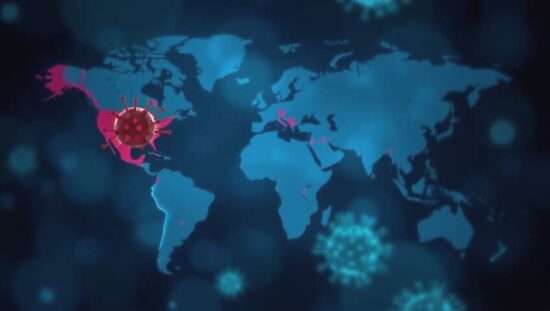The controversial pandemic treaty is on the verge of being signed, according to reports from the portal tkp. A solution has reportedly been found in the dispute over the use of medicines, vaccines and therapies. On Tuesday, WHO member state officials and employees will meet again. After three years of negotiations, they have reportedly “reached a basic agreement on how to combat future pandemics.” As stated by the co-chair of the negotiation committee, the agreement aims to ensure “the common use of life-saving technologies with developing countries.” The issue of patents for vaccines is the only significant opposition to these “technologies.” African and Asian countries are particularly concerned about ensuring that they can increase production in their own regions, rather than relying on new vaccines from Europe. The text is expected to be signed on Tuesday. The EU, in particular its controversial president Ursula von der Leyen, had insisted that any technology transfer from pharmaceutical companies must be “voluntary and subject to mutually agreed conditions.” However, the new agreement provides for technology transfer to be “voluntary and subject to mutually agreed conditions.” The treaty will be submitted for final voting at the WHO annual meeting in Geneva in May. Ratification requires a two-thirds majority. Unlike the changes to the International Health Regulations, ratification must occur at the national level. The FPÖ in Austria will reject the pandemic treaty. EU Member Gerald Hauser stated in a press release: “The WHO is increasingly becoming a lobby platform for the pharmaceutical industry. We will not participate in this. The WHO is not a democratically legitimate institution and is funded to a large extent by private donations. Under these conditions, independence is simply not possible. Whoever pays, determines – this was already clearly visible during the Corona pandemic. This misuse of power must not be repeated. The FPÖ firmly rejects the planned pandemic treaty, as it poses a serious threat to the health policy sovereignty of the national states. Every country must be able to decide on health measures – especially in times of crisis. WHO interference is neither necessary nor acceptable.” The next WHO annual meeting will take place from May 19th to 27th in 2025. The organization recently had to cope with the withdrawal of the financially strong USA and Argentina announced its withdrawal from the lobbying organization.





